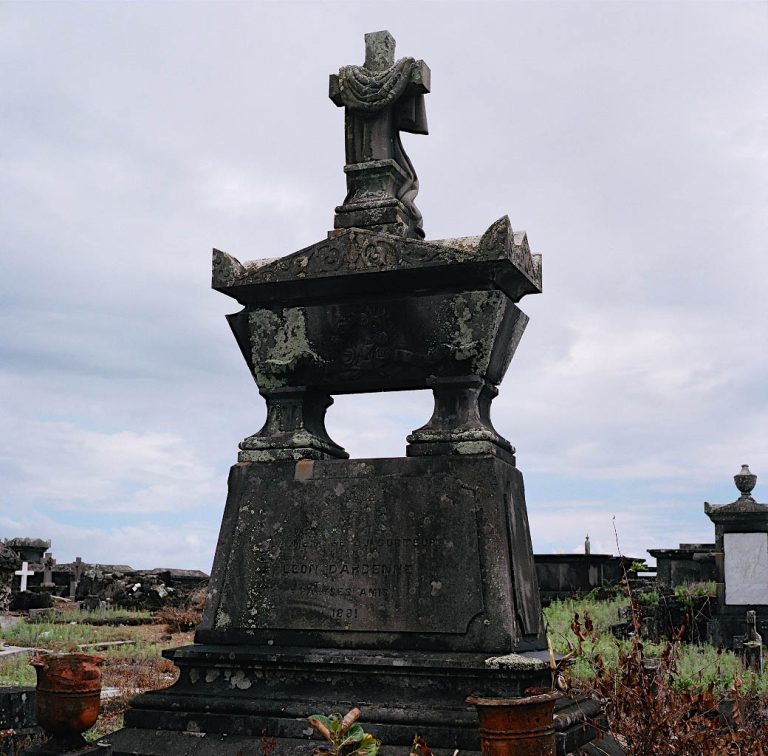Global Plantation Series: A Land of Extraordinary Quarantines
1 Jun 2020
When Mark Twain visited Mauritius in 1896, he described it as a Land of Extraordinary Quarantines, referring to the fear of disease transmission associated with ships transporting indentured laborers to the island. The dual image of the island as a space of quarantine and a plantation animates artist Shiraz Bayjoo’s multi-media practice, and the archives-in formation he creates. In this conversation Shiraz and art historian Anna Arabindan-Kesson will reflect on the convergence of extraction and confinement, of humans and natural world, of labor and memory in his Indian ocean landscapes. How does art help us understand the afterlives of these colonial histories, in our current experience of confinement, and provide alternative possibilities for working through this uncertain present?
This is the first of a series of artist-directed digital discussions developed by Anna Arabindan-Kesson and Shiraz Bayjoo in collaboration with International Curators Forum that contemplate the global forms and meanings of the plantation historically, and in our contemporary moment.
Read Transcript
